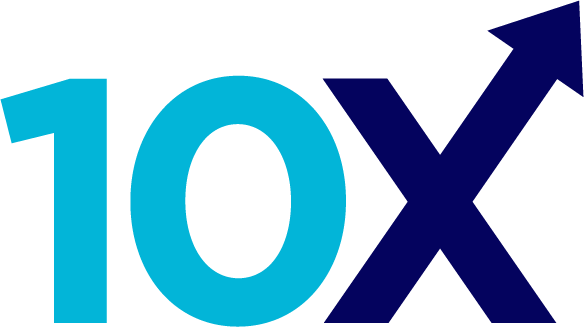President Harry Truman once famously exclaimed, “Just give me a one-handed economist!” His frustration came from seeking advice and only receiving ambiguous answers. In the world of fundraising, this dilemma is all too familiar. Many times, the response we get starts with “It depends…” But rather than hedging bets, this approach emphasizes how nuanced fundraising truly is—tailored to each unique situation.
Let’s dive into some common fundraising questions to explore how “it depends” often leads to a precise strategy.
How Much Should You Ask From a Donor?
The answer depends on your relationship with the donor. Are they a cold prospect, a long-time partner, or somewhere in between?
- New Prospects: Start with an amount aligned with their previous giving habits, based on research.
- Long-Time Partners: Consider a stretch ask that’s around 10-15% of the total project cost. Rarely will a donor want to take on more than that portion.
Should You Ask a Donor for Introductions to Their Friends?
This depends on your offer. For specific, urgent projects, personal endorsements from engaged supporters can be very effective. However, asking for general operational support from friends doesn’t typically yield results. Recruiting new donors based solely on your mission is a tougher sell.
How Much Should You Spend on a Direct Mail Acquisition Test?
If you’re experimenting on your own, a test mailing of 5,000-8,000 names can work. Aim for at least 40 responses, as this gives statistical significance. Costs can range from $0.50 to $3.00 per package, offering a ballpark estimate for your budget.
Should You Present a Written Proposal During a Major Gift Ask?
This also depends on the meeting stage. A written proposal can strengthen the conversation but should never replace a direct ask. Typically, present the proposal after the ask to reinforce your message.
How Frequently Can You Conduct Fundraising Campaigns?
Campaign frequency depends on the perceived urgency and credibility of your initiative. During emergencies, more frequent campaigns are acceptable, but you must always maintain professionalism. Only launch campaigns when you can make a compelling, credible case for action.
Should You Hire a Fundraising Consultant?
The answer depends on your goals. If you’re serious about Going Big, hiring a consultant with specialized skills can yield far greater results than going it alone. The increase in funds raised usually more than covers the consultant’s fees.
What Should Be Included in a Case for Support?
This one doesn’t depend—it’s clear-cut. According to the legendary fundraiser Jerry Linzy, your written case for support should include:
- Program Objectives and Scope
- Operating Highlights
- Expected Results
- Necessary Professional Staffing
- A Timetable
- Financial Information
- Evaluation and Reporting
The Key to Fundraising Success: Continual Learning
No matter where you are in your fundraising journey, continual learning is crucial. By understanding how to navigate the complexities of fundraising and applying tailored strategies, you can make significant progress towards achieving your goals.





